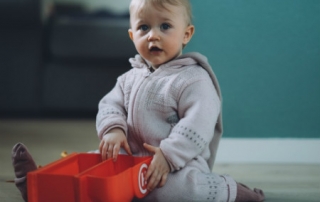Using New Research to Inform Treatment Decisions during Pregnancy: A Case Report
As more research is conducted within the field of women's mental health, there are times when recommendations may change depending on the available data. We will discuss a case here to illustrate this point.










